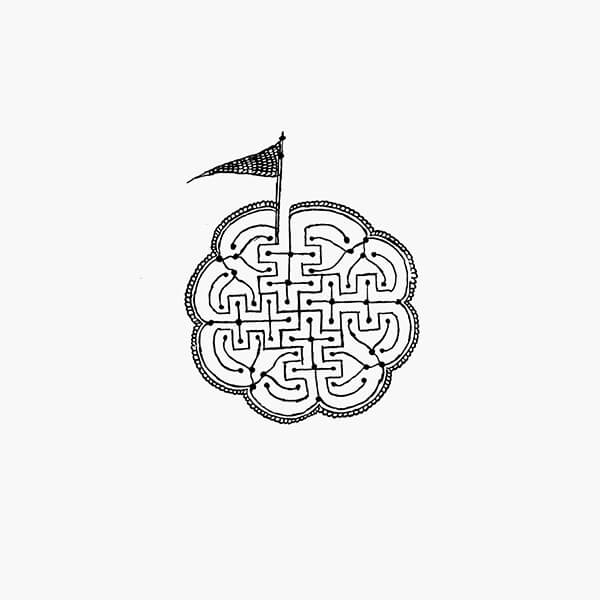



























Blue Library
9832 Kotik Letaev
Andrey Belyj. Introduction by Serena Vitale
1973 / 288 PAGES.
Language: Italian
Inspired by the principles of anthroposophy, Kotik Letaev is the novel of prenatal life and the remotest childhood: The child’s experiences, however, reflect and foreshadow those of humanity in this anthropological summary and atlas of human history.
Andrej Belyj wrote Kotik Letaev in Dornach, a Swiss village a few kilometres from Basel which, since 1912, had become the headquarters of the anthroposophical society led by Rudolf Steiner. The esoteric key hypothesis of Kotik Letaev clearly stems from anthroposophy: the child's experiences from birth reflect and foreshadow those of humanity as a whole. The dots, lines and especially the arabesques of Kotik Letaev symbolise a laborious mystical-expressive heraldry into which we can only venture with Belyj's own guidance. To the extent that the prose of Kotik Letaev is, among other things, an essay on gestural mimicry, and to the extent that these gestures allude to a virginal, universal language preceding words, Kotik Letaev can be read as a utopia-dream about the prehistory of language.